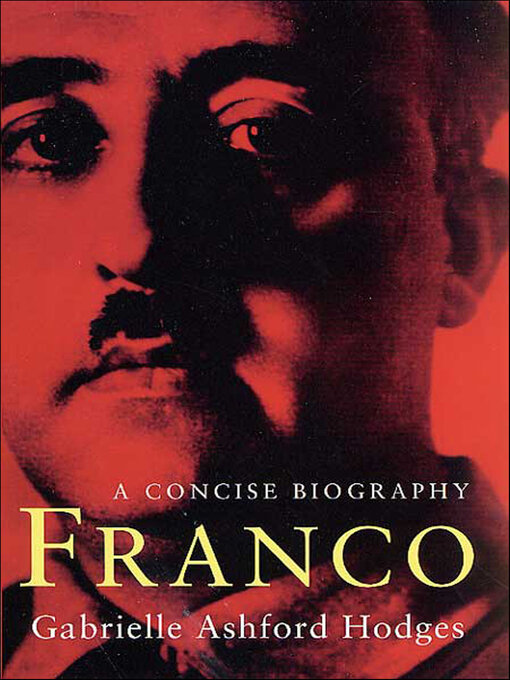General Francisco Franco came to prominence during the days of David Lloyd George and Woodrow Wilson and was able to cling to absolute political power until his death in 1975. Over his fifty-year career, he became one of the four dictators who changed the face of Europe during the twentieth century.
Franco joined the Spanish Army when he was barely fifteen years old. In 1926 he became the youngest general in Europe and, driven by an astonishing sense of his own greatness, was recognized as sole military commander of the Nationalist zone during the Spanish Civil War. His ambition was always to hold on to the power that he had secured. In practice, this meant winning the Spanish Civil War and surviving the fall of the fascist regimes of Hitler and Mussolini and the international isolation that followed their defeat.
But behind the military heroics and dexterous political footwork lay an insecure and vengeful man, wracked by contradictory impulses. Although fueled by a single-minded determination to succeed, he was full of self-doubt. A bold and sometimes inspirational soldier in Africa, he became an indecisive, hesitant military commander during the Civil War. Filled with a burning conviction that his destiny was bound up with the medieval kings of Spain and God Himself, he appeared shy, withdrawn, and humble. Ruthlessly intent on wiping out all political opposition, he denied heatedly that he was a dictator. A stubborn man, he could be remarkably flexible when it came to safeguarding his power.
Gabrielle Ashford Hodges' psychological biography considers Franco's mental state, as well as his political motivation. In doing so, it succeeds admirably in getting under the skin of Europe's most enduring dictator.
- All Fiction
- Military Fiction
- Historical Fiction
- Mystery & Thriller
- Romance
- See all fiction collections
- Arts & Crafts
- Fitness and Health
- Outdoor Recreation
- Biography & Memoir
- Business
- History
- All Nonfiction
- See all nonfiction collections



